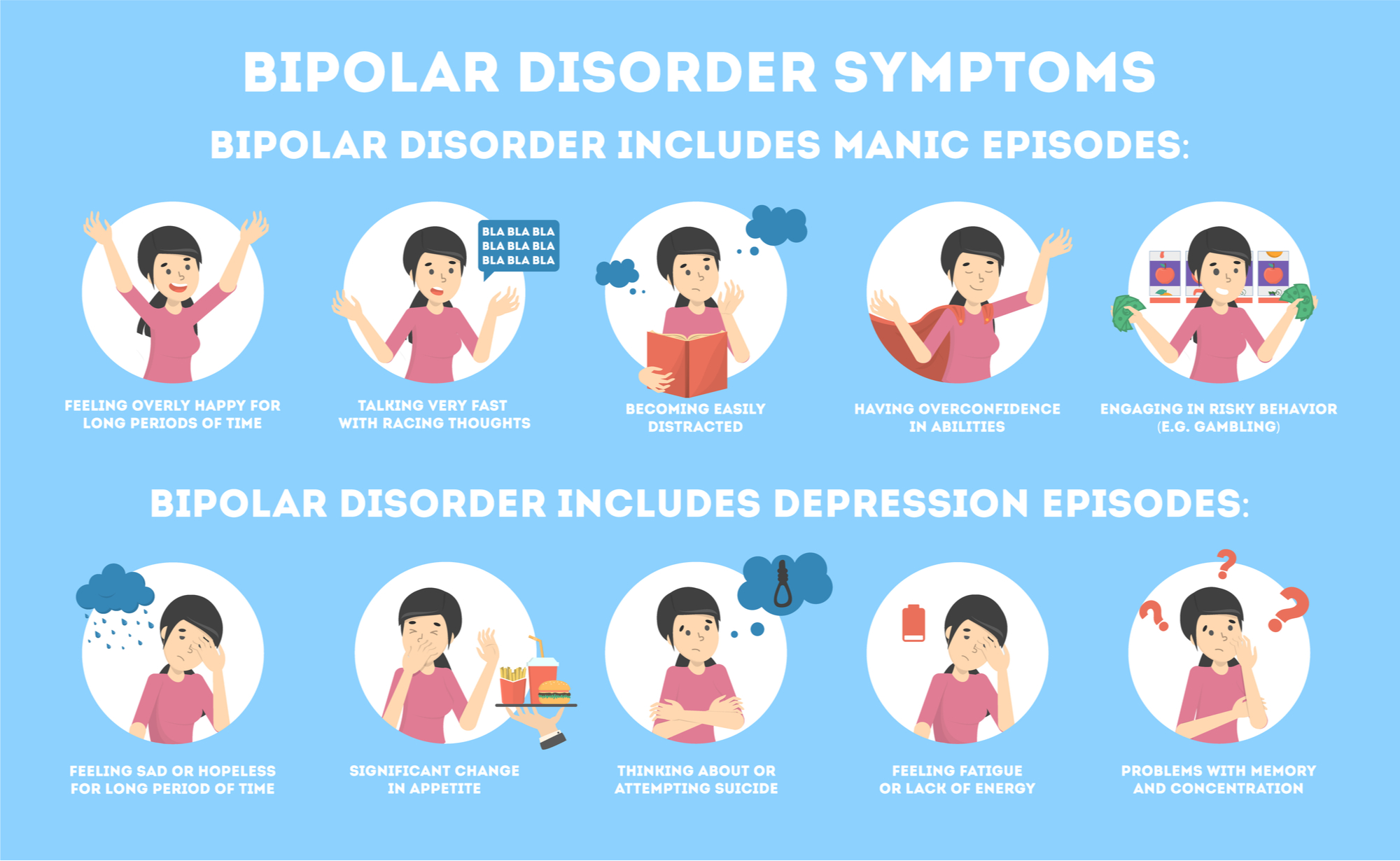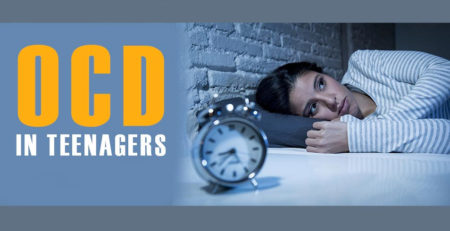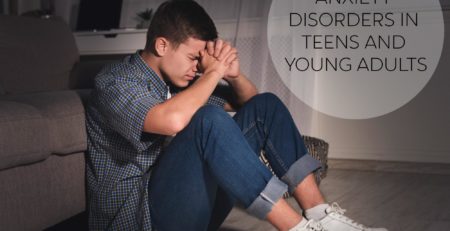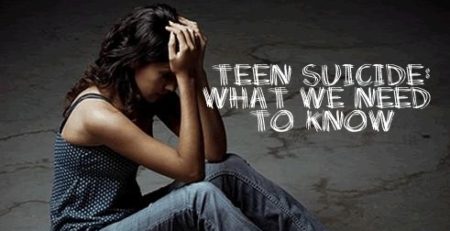Bipolar Disorder in Children and Teens
Bipolar disorder is a severe mental illness that can cause extreme changes in mood. Children and teens with bipolar disorder may have trouble functioning at home, school, or work. They may also have problems with substance abuse and / or other mental health disorders. It’s important for parents and caregivers to be aware of the signs and symptoms of bipolar disorder so they can get their child the help they need.
What is Bipolar Disorder?
Bipolar disorder is a brain disorder that causes unusual shifts in mood, energy, activity levels, and day-to-day functioning. These shifts are different from the normal ups and downs that everyone experiences from time to time. Bipolar disorder symptoms can result in damaged relationships, poor school or work performance, and even suicide. However, with treatment, most people with bipolar disorder can lead healthy and productive lives.
What are the symptoms of Bipolar Disorder?
The symptoms of bipolar disorder depend on which phase of the illness a person is experiencing. There are four phases of bipolar disorder:
Children and teens having a manic episode may:
- Show intense happiness or silliness for long periods of time.
- Have a very short temper or seem extremely irritable.
- Talk fast about a lot of different things.
- Have trouble sleeping but not feel tired.
- Have trouble staying focused, and experience racing thoughts.
- Seem overly interested or involved in pleasurable but risky activities.
- Do risky or reckless things that show poor judgment.
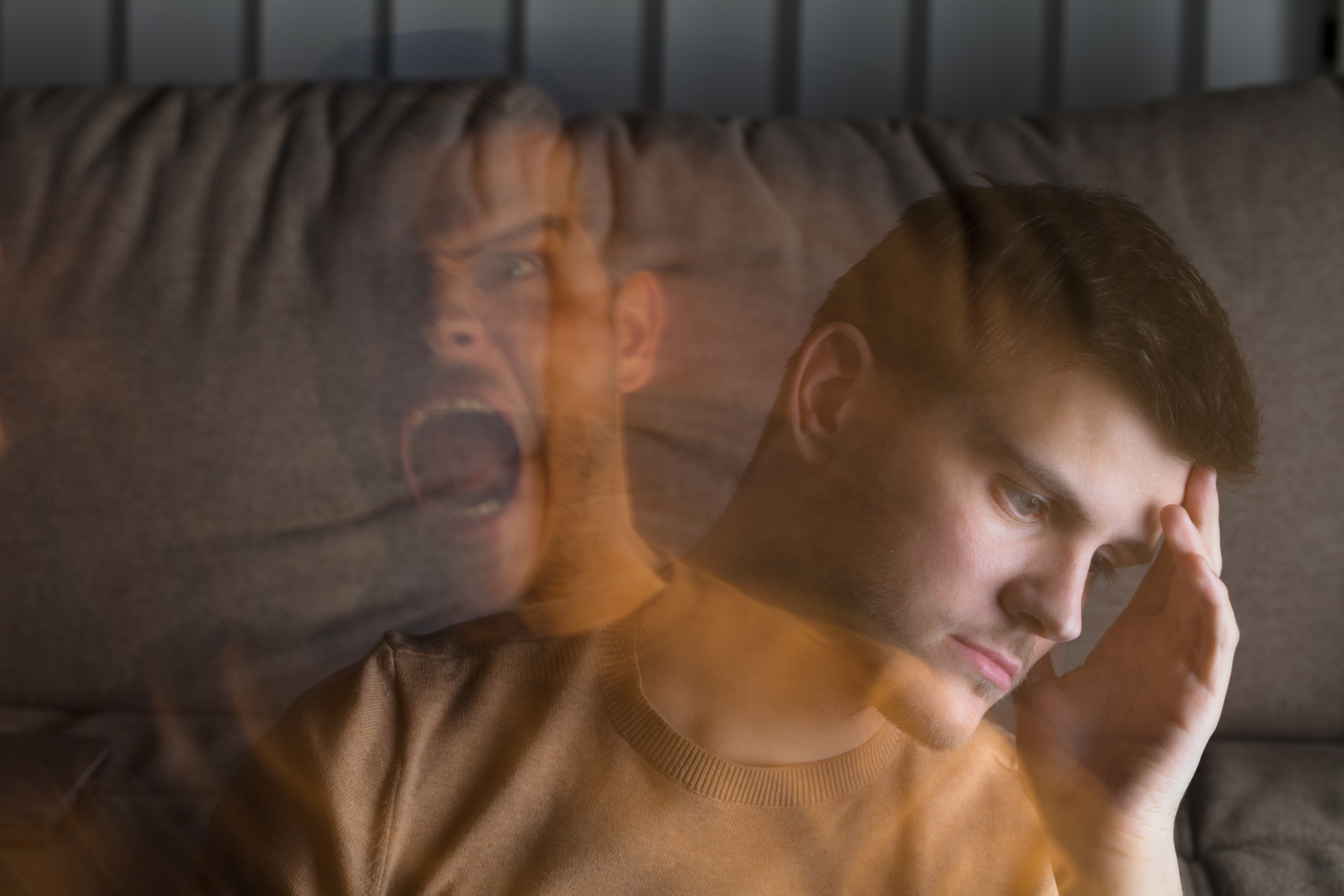
Children and teens having a depressive episode may:
- Feel frequent and unprovoked sadness.
- Show increased irritability, anger, or hostility.
- Complain a lot about pain, such as stomachaches and headaches.
- Have a noticeable increase in amount of sleep.
- Have difficulty concentrating.
- Feel hopeless and worthless.
- Have difficulty communicating or maintaining relationships.
- Eat too much or too little.
- Have little energy and no interest in activities they usually enjoy.
- Think about death, or have thoughts of suicide.
During the manic phase, a person may feel excessively happy or “high.” This may be accompanied by feeling restless, having little need for sleep, talking more than usual, having racing thoughts, being easily distractible, engaging in risky behaviors such as spending sprees or unprotected sex, and having delusions or hallucinations. The depressive phase is when a person may feel persistently sad or “low” and experience a loss of interest in activities they normally enjoy, difficulty sleeping or sleeping too much, fatigue, hopelessness, low self-esteem, difficulty concentrating or making decisions, and thoughts of death or suicide. The mixed phase is when symptoms of both the manic and depressive phases occur at the same time. The hypomanic phase is when a person feels very good—“high”—but not to the degree seen during a full manic episode; however, they will still have some impaired functioning. Symptoms need to be present for at least one week to be classified as bipolar disorder.
How common is Bipolar Disorder?
Bipolar Disorder affects approximately 2.8% of adolescents ages 13-18 years old in any given year. Boys and girls are affected equally by this illness but onset is typically earlier for boys (10-12 years old) than girls (16-18 years old). It is important to note that not every child who experiences mood changes has bipolar disorder; oftentimes these changes can be due to other conditions such as attention deficit hyperactivity disorder (ADHD), anxiety disorders, conduct disorders, or substance abuse issues. A trained professional can help make an accurate diagnosis.
The Causes of Bipolar Disorder
Bipolar disorder is a mental illness that is characterized by periods of mania and depression. The exact causes of bipolar disorder are unknown, but there are several factors that may contribute to the development of the illness. In this blog post, we will explore some of the possible causes of bipolar disorder.
Genetic Factors
One potential cause of bipolar disorder is genetic factors. Research shows that people’s chance of having bipolar disorder is higher if they have a close family member with the illness, which may be because they have the same genetic variations. However, just because one family member has bipolar disorder, it does not mean that other members of the family will have it. Many genes are involved in the disorder, and no single gene causes it.
Environmental Factors
Another potential cause of bipolar disorder is environmental factors. Research suggests that adversity, trauma, and stressful life events may increase the chances of developing bipolar disorder in people who are susceptible to the illness. For example, exposure to traumatic events such as abuse or witnessing violence can trigger symptoms of bipolar disorder in people who are genetically predisposed to the illness.
Symptoms of Mania
During a manic episode, children and teens with bipolar disorder may:
- Feel unusually happy or silly
- Have a lot of energy and not need much sleep
- Talk more than usual, sometimes so fast that their words run together
- Feel like their thoughts are going too fast
- Act impulsively and take risks, such as spending too much money or having unsafe sex
- Behave recklessly, without caring about the consequences
- Have difficulty concentrating or paying attention
Symptoms of Depression
During a depressive episode, children and teens with bipolar disorder may:
- Feel very sad or hopeless
- Lose interest in things they used to enjoy
- Sleep too much or have trouble sleeping
- Isolate themselves from friends and activities
- Have no energy and feel tired all the time
- Rely on drugs or alcohol to cope
- Experience weight gain or loss
How to Help Your Child or Teen with Bipolar Disorder
- Be patient: Understanding that mood swings are a part of the illness and not personal can be reassuring.
- Be available to talk and listen when your child or teen wants to talk.
- Try not to argue or take sides during heated conversations.

- Pay attention to changes in mood and behavior and be alert for any major changes.
- Understand triggers and learn strategies for managing intense emotions and irritability.
- Help your child or teen find activities they enjoy and make time for fun.
- Remember that treatment takes time – sticking with the treatment plan can help your child or teen get better and stay better.
- Help them understand that treatment can make life better.
Treatment for Bipolar Disorder
Treatment for bipolar disorder typically involves a combination of medication (i.e., mood stabilizers like lithium) and psychotherapy (i.e., talk therapy). It is important to seek help early if you think your child might have bipolar disorder as early intervention leads to better outcomes later on in life. untreated cases often result in academic difficulties, problems with relationships and employment opportunities later down the road. If you think your child might have bipolar disorder or if you have any questions about this topic please don’t hesitate to reach out to us here at Northland Child Psychiatry where we would be happy to help guide you through this process.
The exact causes of bipolar disorder are unknown, but there are several theories about what may contribute to the development of the illness. Genetics appears to play a role in bipolar disorder, as people with a close family member with the illness seem to be more likely to develop it themselves. Additionally, environmental factors such as exposure to traumatic events may also increase one’s risk for developing bipolar disorder.
More research is needed to fully understand all of the possible causes of bipolar disorder. If you think your child might have bipolar disorder it is important to seek professional help as early intervention leads to better outcomes later on in life. Please contact us today to get your child the help they need at 816.819.5166 or Click to Schedule today.
